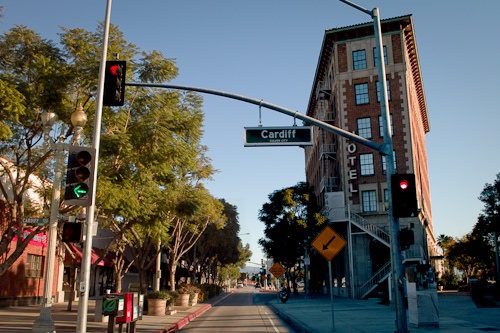Folks across the country know something is wrong. There’s just something about the system we’ve created over several decades that is inherently flawed. Some blame the government, others big banks, still others blame political parties, but all agree that there’s something that’s just not quite working the way it should. People are losing homes, jobs, and health coverage at an alarming rate because of the societal turbulence in the enormous yet formless thing we call the economy.
Enter Change.org and their 10 Ideas for Change in America. Taking advantage of the concept of “the wisdom of crowds,” Change.org launched a campaign to find 10 great ideas. It began with thousands that were submitted by ordinary individuals and organized interest groups alike. These were whittled down through online voting to a more manageable 70 or so, and right now the voting is getting down to the wire to choose which 10 ideas will be presented to the White House – as in formally presented to senior people there, not just sent in an envelope to 1600 Pennsylvania Avenue. You can (and should!) vote too.
All, or nearly all at least, are worthy ideas. Each has its merit and is worthy of consideration. But for those with an interest in food, three of them rise to the top quickly, and first among equals is Slow Money.
The idea is a simple one: invest as if food, farms and fertility actually mattered. Get anyone who invests money (and if you have a 401k or an IRA, that’s you too) to direct just 1% of it toward small food enterprises and local food systems. Get at least that small sum of money out of the hands of Wall Street, huge banks and multinationals and use it, quite literally, as seed money. Invest in local farms, food systems, artisans, brewers, bakers, cheesemakers and so on and keep that money close to home.
We’d create a thriving economy that makes real, healthy food, instead of a fake one that just makes money for bankers. One that invests in people and the land, not in some distant amorphous concept called Wall Street.
In their book Inside the Apple, a Streetwise History of New York City, this is how Michelle and James Nevius describe the building of the palisade for which Wall Street was named: “The wall had two major problems: it wasn’t needed and it didn’t work.”
Also interested in investing in the land is the American Farmland Trust, whose idea for saving farm and ranchland is doing quite well in the balloting, as well as an initiative to put a garden in every school. Both are important concepts you’ve heard me advocate for vociferously for years.
Slow Money is new and novel though, and needs more voted before this thing wraps up at 5pm EST this Friday, 3/12. Please visit Change.org, vote for these 3 ideas and any other 7 you feel are worthy. It’s fun, important, and it only takes a couple minutes. Thank you.



